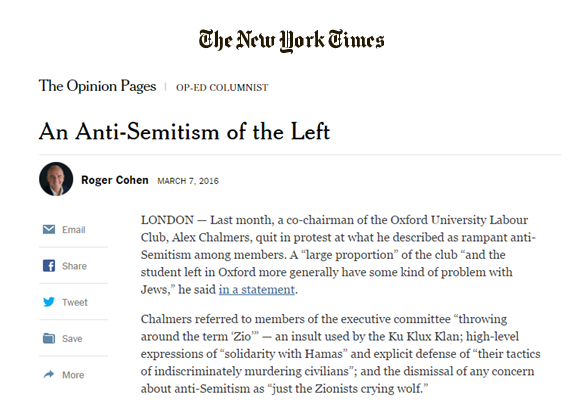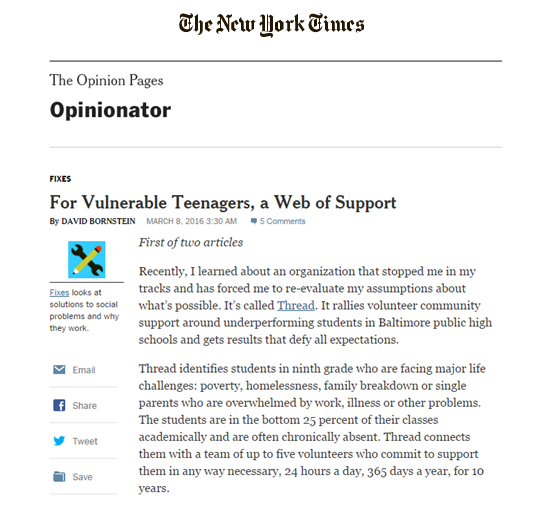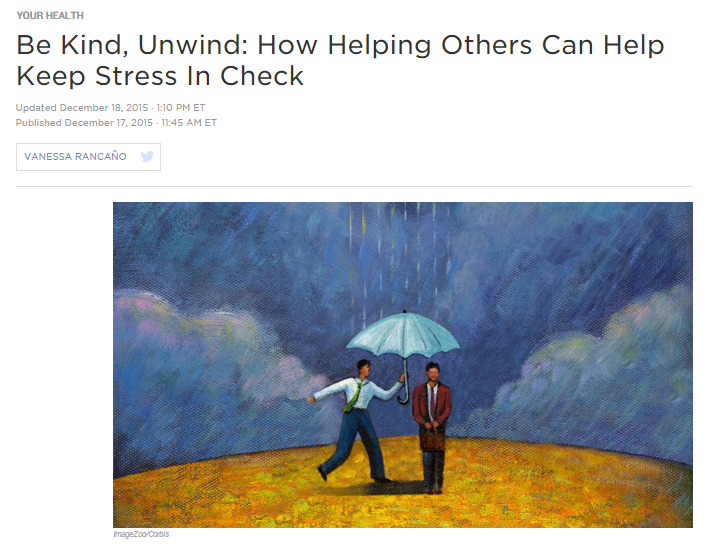“The only strategy that is guaranteed to fail is not taking risks.”
- Mark Zuckerberg
“A lot of people are afraid to try something new. The fear of failure is so great, they wind up living ordinary lives”
- Daymond John
Purim is a holiday in which we are not afraid to be ridiculous. We don funny costumes; we drink ourselves into oblivion; we are boisterous and noisy. Purim is all about ridicule.
And, above all, Purim ridicules intolerance. The misogynist King Ahasuerus, who objectifies his wife Vashti, ends up being outwitted by a woman; the pompous bigot Haman ends up being humiliated and killed by the people he despises. And yet, while Haman is humiliated and dead, Hamanism isn’t. Moreover, it enjoys a dangerous revival and a new legitimacy both outside and inside the Jewish community.
To understand what Hamanism is, we need to go back to the argument that the evil vizier uses when he demands that the King agree to the extermination of the Jews: “There is a certain people scattered abroad and dispersed among the peoples in all the provinces of your realm. Their laws are different from those of every other people’s, and they do not observe the king’s laws; therefore it is not befitting the king to tolerate them.”
The Jews’ sin is that they are different, and in Haman’s bigoted and twisted mind, difference must be suppressed. Haman dreams of a dystopia of uniformity, in which everybody thinks the same and everybody abides by one set of rules: his.
Hamanism is the irrational fear of difference, and it lies at the core of every authoritarian regime. It’s no coincidence that the Jews have been the target of almost every totalitarianism in history. We are, after all, the eternal different ones; even our name “Hebrews” can be translated as “those on the other side”. But, more importantly, we have always embraced difference and diversity. The Talmud is a raucous collection of arguments and debates, insisting that God alone holds the absolute truth and we, poor mortals, must be content with a patchwork of partial, imperfect truths. Our sages were so afraid of uniformity that they even decreed that if a trial verdict is unanimous, it’s invalid. We model for the world a culture that sees difference as a source of richness. When our rabbis proclaimed that “There are 70 faces to the Torah,” they advanced two thousand years ago the very modern idea that our differences need not divide us.
Our embrace of diversity is not merely an added feature to Judaism; it’s essential to our understanding of the world and of Jewish theology. The greatness of God, says the Mishnah, can be seen from the fact that while “a human strikes many coins from the same die, all the coins are alike,” whereas God “strikes every man from the die of the First Man, and yet no man is quite like his fellow.” (Sanhedrin 4:5). It is in one who is different that we behold the greatness of God. Can I recognize God’s image in someone who is not in my own image? If I cannot, then I have made an idol of my image instead of recognizing God’s own. Failing to respect difference is an insult to God.
That’s why it is nothing less than a betrayal of our very essence that we are creating, within the Jewish people, a climate in which dissent is penalized and diversity of opinions discouraged. We have traded a vibrant culture of debate for one of demonization and name-calling, and we are slipping into a situation in which everyone from Jewish leaders to Jewish college students are afraid to speak their minds. We have begun to let ourselves be ruled by a thought police that submits anybody who thinks differently to an Inquisition.
Sadly, in this we are following the spirit of the times. But as Jews we should be able to be different.
If the Talmudic rabbis sought to expand the debating house, we seek to build echo-chambers. As Rabbi Lord Sacks put it, “Broadcasting is being replaced by narrowcasting.” The result is that we don’t quite have one Jewish community anymore, but rather a crowd of warring sects. We are replacing reason with anger and argument with vilification. We are witnessing the death of civility—in America, in Israel and in our communities—and when civility dies, civilization follows.
When it comes to Hamanism, funders can be part of the problem or part of the solution. We can penalize dissent, ostracize difference, and push Judaism further, step by step, toward its demise. Or we can emulate Esther and turn a dire situation on its head. We can model civility, influence communal discourse to move toward open-mindedness, and help to create a culture of respectful debate. It starts, as the song goes, with the “person in the mirror”. If we demand acquiescence from our grantees instead of encouraging them to push back and challenge us—if we use the power of the purse to demand uniformity instead of cultivating diversity—we are deviating even further from the wise path that our ancestors charted.
Purim teaches us that one antidote to Hamanism is generosity. We are commanded to send presents to one another, and gifts to the needy. A well-known paradox of giving is that, more than feeling connected to someone leads us to give, giving to others leads us to feel more connected to them. Maybe that’s why we must give on Purim—to kill the Haman within us every year. Our acts of generosity lead the way for our hearts, until we learn to see others who are different as full human beings, created in God’s image.
Let’s bring that message of tolerance, diversity, and generosity to our broader communities during this era of ugly small-mindednesses. Let’s make our communities into spaces where dissent and respect are, once again, sacred.
Let’s banish Hamanism to the gutter of history, where it belongs.
By Andrés Spokoiny, President & CEO, JFN
This video about Israel doing humanitarian service makes me so proud.
A Very Human Perspective on the Deep Impact the String of Terrorism has on an earnest Israeli Woman
Published under Introspection, Life, Middle East Mar 11, 2016I found this blog post that my sister shared as very human. I didn’t agree with every word shared, but it certainly brought to life the very real way that Israeli human beings feel amidst a barrage of senseless terrorism. I continue to hope and work for a resolution to the Arab Israeli conflict and feel there are many ways in which the present Israeli government is harming Israel’s future as it turns a beautiful country into a garrison state where alienation, division and fear rule, let alone burn bridges with potential and existing partners. But there is no doubt that when Palestinians attack Israeli civilians randomly, they destroy hope even more and set back their cause as well as the cause of moderates by forcing the most rational human beings to feel the need to fear and reject the “other.” Time for moderates to seize back the agenda for the sake of all the people that are suffering so much.
For Vulnerable Teenagers, a Web of Support – THREAD
Published under Do the KIND Thing, Family, Introspection, Leadership Mar 10, 2016This is a great piece about Thread, a wonderful program we are proud to have been introduced to by the Weinberg Foundation.

















